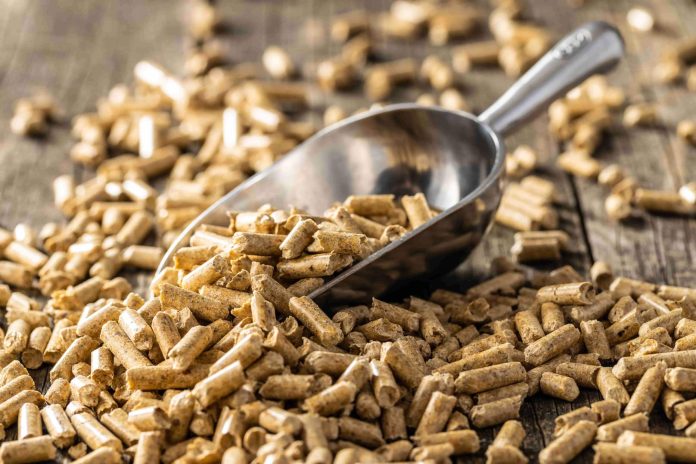Pelletizing waste biomass offers a transformative solution to two pressing global challenges: waste management and sustainable energy production. By converting various forms of biomass waste into compact pellets, this process not only reduces environmental pollution but also creates valuable renewable energy sources. This article explores the significance of pelletizing waste biomass and its role in promoting environmental sustainability and energy security.
Utilizing Biomass Waste
Biomass waste, derived from agricultural residues, forestry by-products, food scraps, and organic municipal waste, represents a significant untapped resource for energy production. Rather than allowing this biomass waste to accumulate in landfills, where it contributes to methane emissions and environmental degradation, pelletizing offers a sustainable alternative for its utilization. Through pelletization, biomass waste can be transformed into a valuable energy source with numerous benefits.
Production Process
The pelletization process involves grinding, drying, and compressing biomass waste into dense pellets suitable for combustion. Initially, the raw biomass material is shredded or ground to reduce particle size and enhance uniformity. Next, the moisture content of the biomass is carefully controlled through drying, optimizing pellet quality and combustion efficiency. Finally, the dried biomass particles are compacted under high pressure to form pellets, typically without the need for additional binders or additives. The resulting pellets are uniform in size and composition, making them ideal for use in various energy applications.
Environmental Benefits
Pelletizing waste biomass offers several environmental benefits. Firstly, it helps mitigate greenhouse gas emissions by diverting organic waste from landfills, where it would otherwise decompose anaerobically and release methane, a potent greenhouse gas. Additionally, using biomass pellets for energy production reduces reliance on fossil fuels, lowering carbon dioxide emissions and mitigating climate change. Furthermore, pelletizing biomass waste promotes sustainable forestry and agricultural practices by incentivizing the utilization of residues and by-products that would otherwise go to waste.
Renewable Energy Source
Pellets derived from waste biomass serve as a renewable and carbon-neutral energy source for heating, power generation, and industrial applications. Whether used in pellet stoves, boilers, or power plants, biomass pellets offer a clean-burning alternative to fossil fuels, with lower emissions and reduced environmental impact. The energy content of biomass pellets can be harnessed to provide heat, electricity, and process heat for residential, commercial, and industrial users, contributing to energy security and resilience.
Economic Opportunities
The pelletization of waste biomass creates economic opportunities for communities and industries involved in waste management and renewable energy production. By valorizing biomass waste streams, pelletization generates revenue streams from the sale of pellets, offsetting waste disposal costs and creating new income streams for waste producers. Additionally, investment in pellet production infrastructure, such as pellet mills and pelletizing equipment, stimulates local economies and creates jobs in manufacturing, logistics, and distribution.
Conclusion
Pelletizing waste biomass represents a sustainable and economically viable solution to two interrelated global challenges: waste management and renewable energy production. By converting biomass waste into valuable pellets, this process reduces environmental pollution, mitigates greenhouse gas emissions, and promotes the transition towards a low-carbon economy. Furthermore, pelletizing waste biomass offers economic opportunities for communities and industries, fostering innovation, job creation, and sustainable development. As the demand for renewable energy continues to grow, the role of pelletizing waste biomass in transforming organic waste into valuable energy sources will become increasingly important in building a more sustainable and resilient future.







